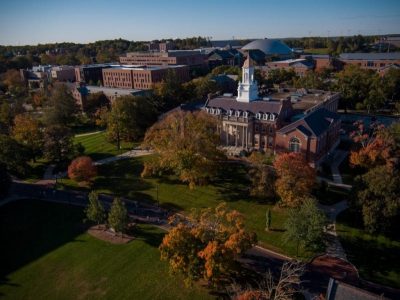

The Chemical & Biomolecular Engineering Department would like to congratulate our graduate students on winning the 2023 Research Excellence, Travel, and Teaching Assistant Awards!
Congratultions to all the winners!
CBE Travel Award Recipients: Utsav Awasthi, Zahir Aghayev, Heejeong Ryu, Dorian Thompson, Chung-Hao Liu.
CBE TA Award Recipients: Steven Tricarico, Dimitri Alston, Hasan Nikkhah.
CBE Research Excellence Award Recipients: Heejeong Ryu, Utsav Awasthi, Robert Gottlieb.
These students' achievements serve as an inspiration to fellow graduate students and demonstrate the incredible potential of our academic community.

